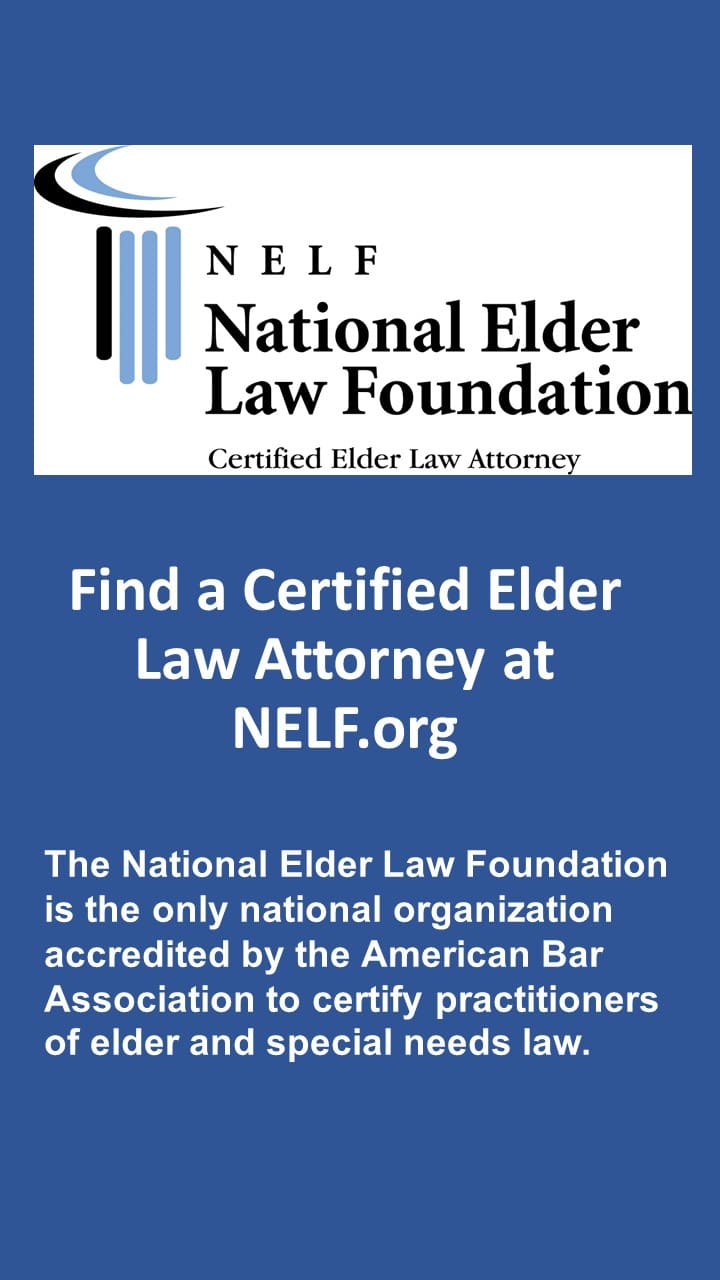In 2021, we blogged about a valuation case, Connelly v. U.S., 20 F. 4th 412 (8th Cir. 2023). We noted at the time that a Petition for a writ of certiorari was filed. On June 6, 2024, the U.S. Supreme Court decided the case, ruling for the United States.
Justice Thomas, writing for a unanimous Court, began by noting that the estate tax is imposed “on the transfer of the taxable estate of every decedent who is a citizen or resident of the United States.” 26 U. S. C. §2001(a). The decedent’s “taxable estate” is the value of “all property, real or personal, tangible or intangible,” owned by the decedent “at the time of his death,” minus applicable deductions. §§2031(a), 2051.
The lodestar in determining value is “fair market value” which is defined at 26 C.F.R. § 20.2031-1(b) as “the price at which the property would change hands between a willing buyer and a willing seller, neither being under any compulsion to buy or to sell and both having reasonable knowledge of relevant facts.”
With this as background, the Court outlined the facts as follows. Michael and Thomas, two brothers, owned a building and supply company in St. Louis. The company, Crown C Supply, was owned 77.18% by Michael and 22.82% by Thomas. To keep the business in the family, the brothers entered into a stock redemption agreement and had the company purchase $3.5 million in life insurance on each brother.
After Michael died, his son agreed with Uncle Thomas that Michael’s shares were worth $3 million, so the company redeemed Michael’s shares for that amount. The estate then filed an estate tax return taking the position that Michael’s shares were worth $3 million. The IRS reviewed the file and, in the words of Lee Corso said “Not so fast.” The IRS valued the company’s other assets at $3.86 million plus the value of the life insurance proceeds. The estate took the position that the shares were not worth more than $3 million because the stock redemption because the company was required to use the life insurance proceeds to buy out Michael’s estate.
Notwithstanding the disappointment of the estate, Thomas and the company’s tax advisor’s, the Court’s decision makes sense. If Michael and Thomas had a pool of money, let’s say $100,000, and Michael decided to cash out and leave the pool, Michael would walk away with $77,180, leaving $22,820 in Thomas’s hands. In Connelly, the company took a position that would leave Thomas with an in-tact company valued at the same value it had before Michael’s death after paying out $3 million to his estate. And that’s before accounting for $500,000 in life insurance proceeds that seemed to go mission in the discussion. In other words, the company took the position that the life insurance proceeds were irrelevant when, in fact, they made it possible to pay Michael’s estate without selling off equity in the company to buy out his estate.
Although the position taken by the estate and the Company would be nice, the fallacy in their argument is that the IRS would be required to ignore two things: Thomas’s share values increased in value despite buying out Michael’s estate and the company was still worth at least $3.86 million after buying out Michael’s estate. With respect to Thomas, his 22.82% interest in the company was worth $880,852 before the stock redemption and – if the insurance proceeds were ignored – it magically increased to $3.86 million after the redemption. Justice Thomas used the following example to illustrate this point:
Consider a corporation with one asset—$10 million in cash—and two shareholders, A and B, who own 80 and 20 shares respectively. Each individual share is worth $100,000 ($10 million ÷ 100 shares). So, A’s shares are worth $8 million (80 shares x $100,000) and B’s shares are worth $2 million (20 shares x $100,000). To redeem B’s shares at fair market value, the corporation would thus have to pay B $2 million. After the redemption, A would be the sole shareholder in a corporation worth $8 million and with 80 outstanding shares. A’s shares would still be worth $100,000 each ($8 million ÷ 80 shares). Economically, the redemption would have no impact on either shareholder. The value of the shareholders’ interests after the redemption—A’s 80 shares and B’s $2 million in cash— would be equal to the value of their respective interests in the corporation before the redemption. Thus, a corporation’s contractual obligation to redeem shares at fair market value does not reduce the value of those shares in and of itself.
The estate’s argument was that anyone else purchasing the corporation’s shares would view the stock redemption agreement as a liability and would only pay FMV for Michael’s 77.18% interest based on its post-redemption price. Unfortunately, that’s not how the estate tax works even if a non-related purchaser of the company would view the redemption agreement as a liability. The estate tax looks at the value of Michael’s shares at the time of his death which includes the life insurance payout. The Court agreed with the district court below that, mechanically, a stock redemption is essentially one shareholder “cashing out.” “That transaction necessarily reduces a corporation’s total value. And, because there are fewer outstanding shares after the redemption, the remaining shareholders are left with a larger proportional ownership interest in the less-valuable corporation… A corporation that pays out $3 million to redeem shares should be worth less than before the redemption.”
The court noted that if the brothers had used a cross-purchase agreement, they could have acheived a different result. But different arraingements have their own drawbacks and risks. This particular arraingement increased the value of Michael’s shares as of the time of his death, resulting in a higher estate tax.








